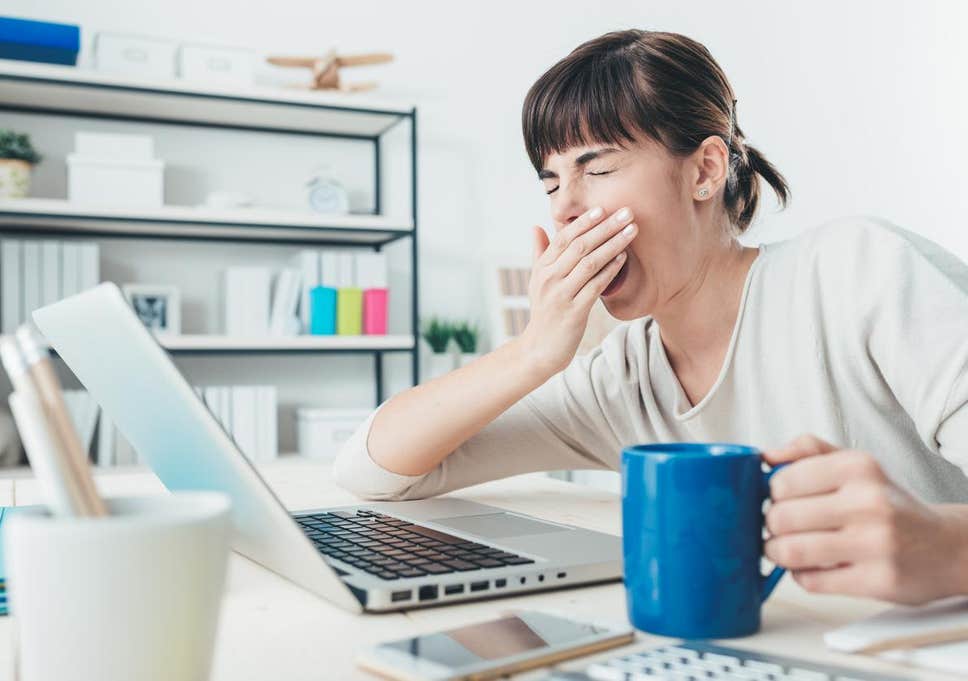In the simplest of terms, sleep is essential for survival. The body as well as the internal organs keep functioning throughout the day, and sleeping helps the organs rest and recover. This is a major reason due to which people who are fighting a disease are advised to get adequate sleep. To ensure that all the biological functions happen smoothly, getting enough sleep is essential.
However, how is one really affected if they fail to to get the required amount sleep?
How much sleep does a healthy adult require?
According to the National Sleep Foundation, US, normal, healthy adults need about 7-9 hours of sleep. This number might vary from person to person, and this can be compromised by about half an hour from time to time.
Along with that genetic, behavioural, and environmental factors also help determine how much sleep is required to maintain the best possible health.
What happens due to sleep deprivation?
There are two types of sleep deprivation: partial sleep deprivation and total sleep deprivation.
Partial sleep deprivation is when a person gets less than 5 hours of sleep, and total sleep deprivation is when the body gets absolutely no rest in a period of 24 hours.
Depending on how long the sleep deprivation has been persisting, it can also be categorized as partial sleep deprivation and total sleep deprivation.
According to Indian Society for Sleep Research people generally suffer from partial sleep deprivation owing to the work and lifestyle patterns.
Some short term problems of sleep deprivation include:
- Lack of alertness
- Excessive daytime sleepiness
- Impaired memory
- Strained relationships
- Hampered quality of life
- Greater likelihood of vehicular accidents
Some long term health problem of sleep deprivation can include the following:
- High blood pressure
- Diabetes
- Heart attack problems
- Obesity
- Depression
- Reduced immunity
- Lower sex drive
Prolonged sleep deprivation can also cause severe mental health issues like:
- Cognitive impairments
- Irritability
- Delusions
- Paranoia
- Psychosis
Though death due to sleep deprivation is highly uncommon, it is not absolutely impossible and can definitely happen. The longest period of time a person has spent without sleep on record is a little over 11 days!
What happens after 24 hours without sleep?
It is not uncommon to go a day without sleep. As a matter of fact, most people have gone 24 hours without sleep at some point in their life. Missing sleep because of work, exams, or illness is not at all new. While it might not be life threatening or have any severe adverse effects, it is not without demerits.
Missing sleep for an entire day can cause drowsiness, irritability, and impaired decision-making. It can also impair vision and hearing and hamper hand-eye coordination, which might in-turn, lead to a higher chance of getting into an accident.
24 hour sleep deprivation affects the body the same way as having blood alcohol concentration of 0.10%. The legal limit to drive in India is blood alcohol content (BAC) of 0.03 per cent!
What happens after 48 hours without sleep?
After two days of sleep deprivation, the body might experience something called micro sleeps. This is a condition where the body can fall asleep without realising, even though it is for a few seconds at a time. This is because the brain keeps sending desperate signals for the body to shut down.
The mind also starts experiencing hallucinations, extreme stress, and anxiety. The body also feels extremely tired.
The immune system also starts getting compromised at this point.
What happens after 72 hours without sleep?
At the 72 hour mark many people experience an overwhelming urge to sleep and are unable to stay awake on their own. It heavily limits the ability to think and the daily work starts to get hampered, especially things including multitasking or remembering details.
Extreme irritability, mood swings, depression, or paranoia is also not uncommon. Processing emotions of one’s own self as well as others becomes hard at this point. Hallucination and illusions are also commonly reported.
How to tackle sleep deprivation?
Sleep deprivation that is due to lifestyle can generally be monitored and corrected. It is important to eat healthy and drink plenty of fluids. A sedentary lifestyle can also affect sleep deprivation, so exercising is recommended for a good night’s sleep.
Most of the short term problems due to sleep deprivation can be managed with enough sleep. However, if someone is unable to sleep properly for an extended period of time, visiting a doctor is highly recommended.




 Ms Kalinga
Ms Kalinga